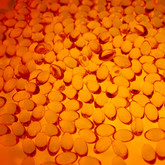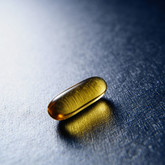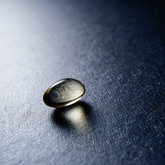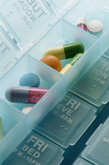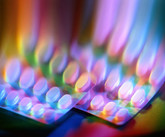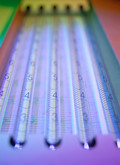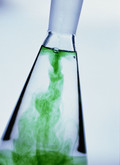Biosimilars
Biosimilars will not be able to use ANDA pathway to approval
FDA’s highly anticipated guidance for biosimilars finally arrived on 10 February 2012 with the release of three draft guidance documents [1]. Some have complained that the guidance is too vague, however, FDA’s denial of three citizen’s petitions have perhaps made some issues clearer.
Also noted on biosimilars: 30 March 2012
Bioequivalence of biosimilar trastuzumab to Herceptin proven in phase I trial
Biopharmaceutical company Synthon announced on 22 March 2012 that all in vitro and in vivo studies conducted so far have shown the biosimilar behaviour of Synthon’s trastuzumab in comparison with the reference product, Herceptin. The outcome of the phase I clinical trial confirmed these results, showing bioequivalence of Synthon’s trastuzumab to Herceptin. Synthon confirmed that its biosimilar trastuzumab will now enter a confirmatory phase III clinical trial in breast cancer patients.
Source: Synthon
Fujifilm and Kyowa launch biosimilars joint venture
The Japanese digital camera maker Fujifilm Corporation (Fujifilm) and biotech firm Kyowa Hakko Kirin (Kyowa) announced on 27 March 2012 that they have launched their biosimilars joint venture, which will initially focus on the development of biosimilar adalimumab.
FDA announces public hearing on biosimilars’ guidelines
FDA has announced a one-day public hearing to be held on 11 May 2012, in Silver Spring, Maryland, USA. During the meeting FDA hopes ‘to obtain input on recently issued draft guidelines relating to the development of biosimilar products.’
Pricing of biosimilars
For small molecule generics, reductions in price of around 80% have been observed after the first six months to a year of generics entry to the market in countries such as Germany, UK and the US [1, 2]. Biosimilars, however, are an entirely different entity.
Dr Reddy’s looks to biosimilars for growth
Generics giant Dr Reddy’s Laboratories (Dr Reddy’s) has been betting big on biosimilars and it seems that the risk is paying off, as the company announced record profits for the last quarter of 2011.
GE Healthcare expands biologicals business
GE Healthcare, the health business of General Electric, announced on 7 March 2012 that it had reached an agreement to acquire biologicals manufacturer Xcellerex.
Pfizer and Biocon’s biosimilar insulin deal is off
Pfizer, the world’s largest pharma company, and Indian biosimilars major Biocon announced on 12 March 2012 that they had decided to end their biosimilar insulin deal due to ‘differing priorities’.
Also noted on biosimilars: 16 March 2012
Boehringer Ingelheim expands biologicals manufacturing capacity
Boehringer Ingelheim announced on 29 February 2012 the expansion of its biopharmaceutical development and manufacturing capabilities at its cell culture and microbial sites in Biberach, Germany and Vienna, Austria. The company has invested around Euros 17 million in order to improve good manufacturing practice and to expand cell banking, process science, cell line development and quality laboratories.
Source: Boehringer Ingelheim
European biosimilars market to reach almost US$4 billion by 2017
According to researchers at Frost & Sullivan, the European market for biosimilars will experience strong growth in the coming years due to patent expiries of blockbuster biologicals between 2010 and 2017. Cost containment strategies being implemented by governments and healthcare service providers are also given credit for shifting sales towards cheaper biosimilars.
